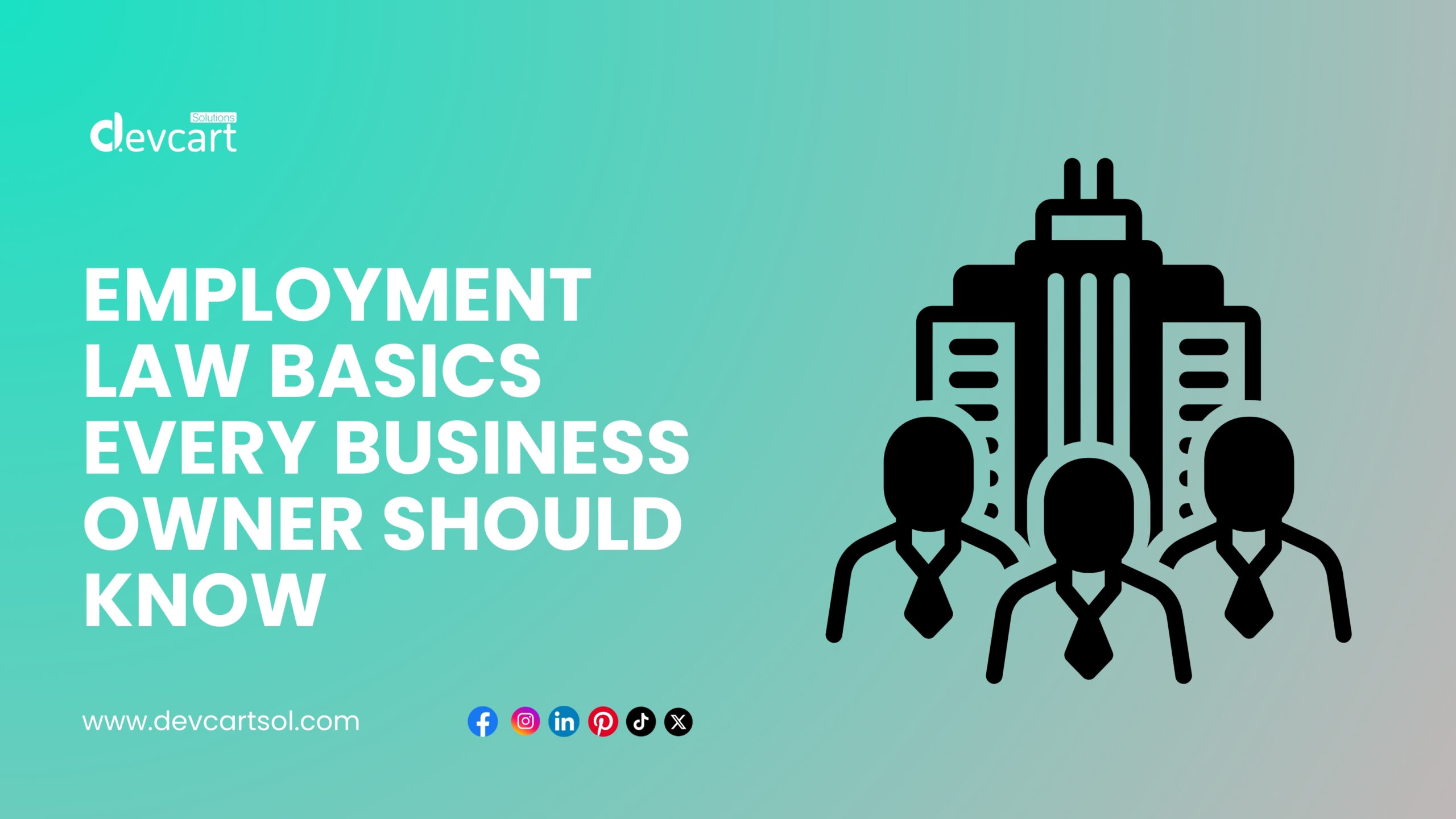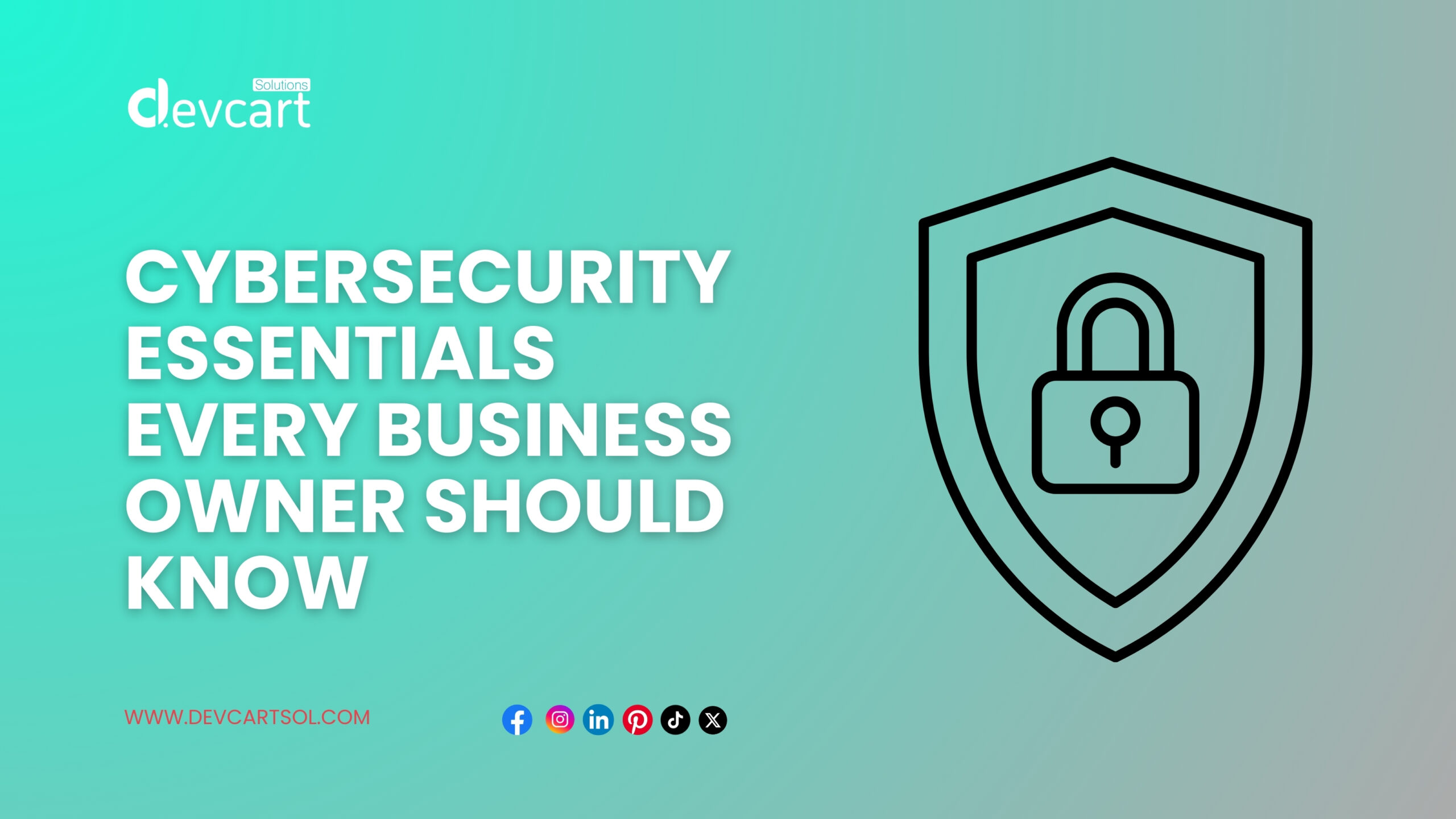Cyber threats are no longer a concern only for large corporations. Small and medium-sized businesses are increasingly targeted because they often have weaker security measures. A single breach can result in financial loss, reputational damage, and legal consequences.
This guide covers essential cybersecurity practices every business owner must understand to protect their company’s data, systems, and customers.
Why Cybersecurity is Critical for Businesses
- 43% of cyberattacks target small businesses.
- Average recovery costs from a data breach can reach thousands of dollars.
- Customer trust can be permanently damaged after a single security incident.
Understanding and implementing basic cybersecurity measures can prevent most attacks.
Core Cybersecurity Essentials
1. Strong Password Policies
- Require complex passwords with numbers, symbols, and mixed cases.
- Use two-factor authentication (2FA) for critical systems.
- Consider password management tools for added security.
2. Employee Training & Awareness
Human error is the leading cause of data breaches. Regularly train staff to:
- Spot phishing emails.
- Avoid suspicious links or downloads.
- Follow security protocols when handling sensitive data.
3. Data Encryption
Encrypt sensitive information such as customer details, financial records, and business documents—both in storage and during transfer.
4. Regular Software Updates
Outdated software leaves systems vulnerable. Schedule automatic updates for:
- Operating systems
- Security applications
- Business tools and plugins
5. Secure Networks & Wi-Fi
- Use strong encryption (WPA3) for business networks.
- Separate guest Wi-Fi from internal systems.
- Install firewalls and intrusion detection systems.
6. Backup & Recovery Plans
Regularly back up business data to secure locations (cloud or offline). Test recovery procedures to ensure minimal downtime after a breach or ransomware attack.
7. Access Control & Permissions
Give employees access only to the data necessary for their roles. Implement role-based permissions and monitor unusual activity.
Final Thoughts
Cybersecurity is not a one-time task but an ongoing process. By understanding these essentials and applying them consistently, business owners can minimize risks, protect their assets, and maintain customer trust.















